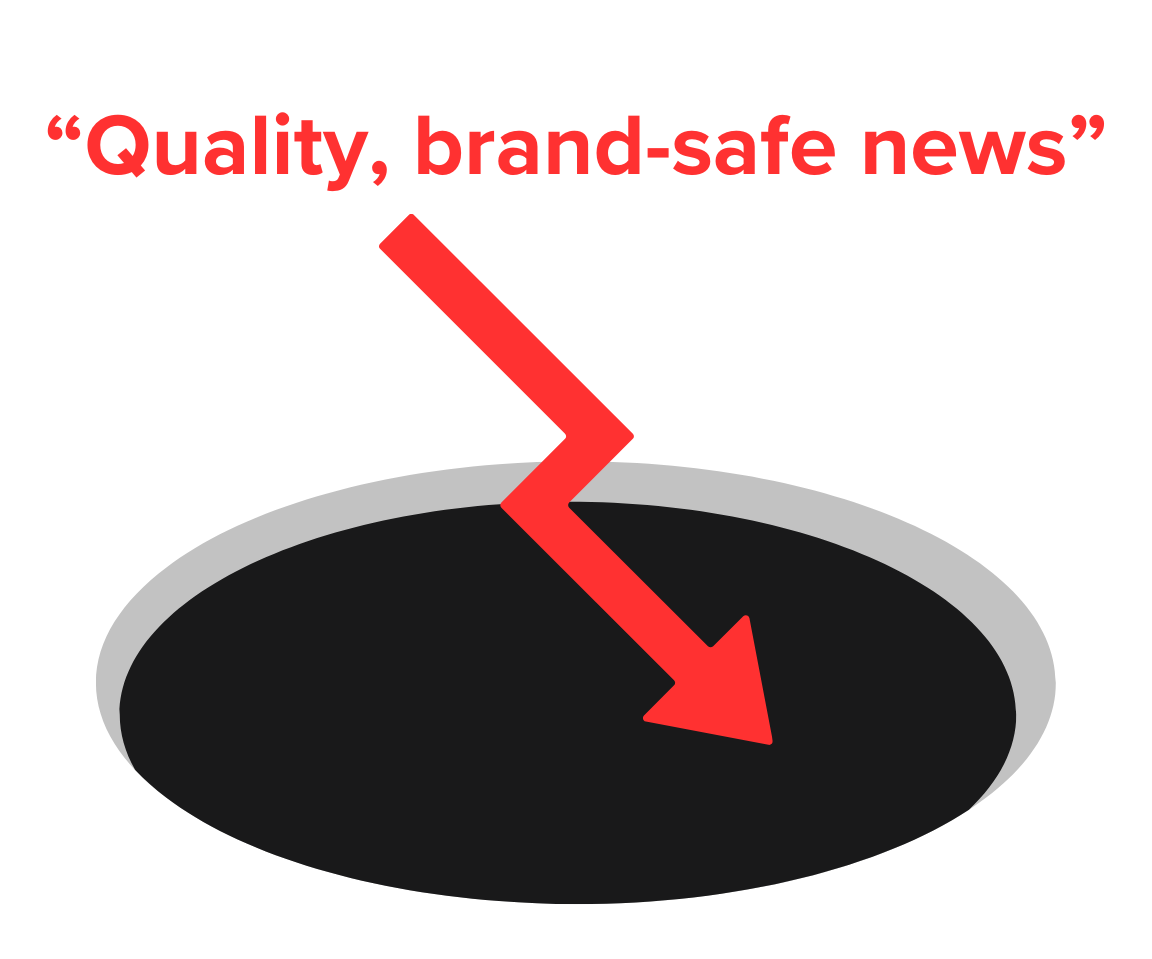It goes without saying that today’s world revolves around the internet. So much so that the vast majority of stored information comes from the World Wide Web (www in link format). It also goes without saying that for the most part, the Internet is widely and easily accessible. As such, just about anybody can find anything they want to know. However, what this also means is that anybody can upload any sort of information. As one would expect, this unfettered access to a widespread database of people hungry for knowledge, both for good and bad desires, leads to many problematic issues.
This leads us to the topic at hand: BuzzFeed. For those who are unfamiliar, BuzzFeed is an internet platform that caters to the pop culture side of the web, and even describes themselves on their website’s about page as being “home to the best of the internet.”
Their website predominantly contains celebrity drama news, cooking recipes/videos, peculiar quizzes, and a myriad of articles ranging from “Pilots Revealed The 8 Things They Would Never, Ever Do As Airline Passengers” down to “28 Things From Amazon To Turn You Into A Cleaner *And* More Organized Version Of Yourself.”
Of course, one could easily look at all of this and think “Where’s the harm in that?” Indeed, this is a valid question. What exactly is bad about all this? It doesn’t seem like it’s really hurting anyone. Those people would be right. It doesn’t hurt anyone, nor does it matter. Well, that would be the case, if they did not describe themselves as a proper news outlet.
Once again, returning to their About page, they state that their goal is to “(provide) trusted, quality, brand-safe news and entertainment to hundreds of millions of people.” Not only should the phrase “brand-safe” ever be used in conjunction with the word “trusted” under any circumstances, especially when it comes to news, but it makes empty promises in the form of insignificant news. The company has a separate website dedicated to more typical journalistic pursuits called BuzzFeed News, but a typical article still doesn’t deviate far from the sensationalist topics on the regular website.
Make no mistake; this type of content isn’t inherently evil and a scourge to society as it is, however, the point where it becomes problematic is the expectations they set forth about journalism. The impact that they put forth is not far off from what TMZ has done for journalism, TMZ being another large pop culture news outlet known for sensationalist, tabloid-like antics, mainly predatory reporting, and interviewing to create drama for the sake of drama.
A lot of the harmful stereotypes perpetuated about journalists and news outlets stem from the shenanigans of TMZ, and the situation with BuzzFeed isn’t very different. While TMZ encourages a narrative that suggests that journalists and news outlets are clout-seeking, drama-stirring middlemen, BuzzFeed suggests that news providers are unconcerned with mainline issues.
So what is there to be done about this? As is the case with most things, organizations of this type generally will not respond to anything directed at them. This effort would also be futile since BuzzFeed has not technically done anything wrong or illegal, not to mention the fact that other outlets besides BuzzFeed contribute to this perception. All that can truly be done is to educate people on the true nature of journalism. BuzzFeed should not be the first thing people think of when journalism and news comes to mind.

























![The Phoenix varsity volleyball team lines up for the national anthem. “We were more communicative [with each other] during this game, and I feel like we kept our energy up, especially after the first set,” senior Jessica Valdov said.](https://theblazerrhs.com/wp-content/uploads/2024/10/DSC_0202-1200x800.jpg)










![Junior Alex Alkhal pitches the ball. “[I] just let it go and keep practicing so we can focus on our goal for the next game to get better as a team,” Alkhal said.](https://theblazerrhs.com/wp-content/uploads/2025/05/DSC_0013-1-1200x929.jpg)




















